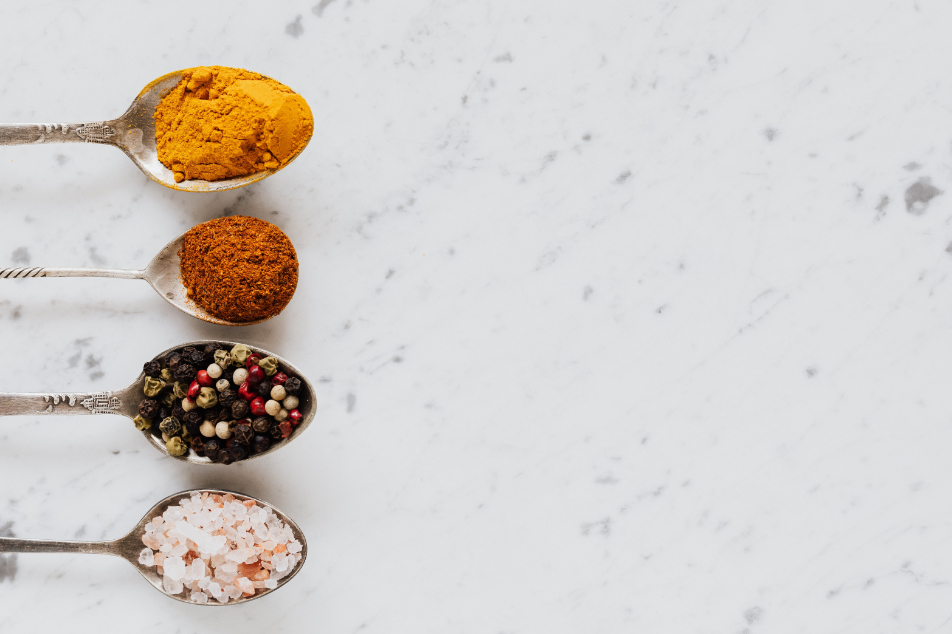
Beetroot: The root That’ll Make Your Pee Look Like Kool-Aid
Beetroot is a good source of nitrates, which can help improve athletic performance.
Beetroot, also known as beet, is a root vegetable that is native to Europe and Western Asia. It is a member of the Chenopodiaceae family, which also includes spinach, quinoa, and Swiss chard. Beetroot is a good source of vitamins C and A, as well as potassium and folate.
Beetroot can be eaten raw, cooked, or juiced. It is a popular ingredient in salads, soups, and stews. Beetroot can also be used to make pickled beets, beet chips, and beet hummus.
Here are some of the health benefits of beetroot:
- Improved athletic performance: Beetroot is a good source of nitrates, which can help improve athletic performance by increasing blood flow and oxygen delivery to the muscles.
- Lower blood pressure: Beetroot is a good source of nitrates, which can help lower blood pressure by relaxing the blood vessels.
- Improved heart health: Beetroot is a good source of antioxidants, which can help protect the heart from damage.
- Improved digestion: Beetroot is a good source of fiber, which can help improve digestion.
- Anti-inflammatory: Beetroot is a good source of antioxidants, which can help reduce inflammation.
Beetroot is a healthy and versatile vegetable that can be enjoyed by people of all ages. It is a good source of nutrients and has a number of health benefits.
Here are some tips for choosing and storing beetroot:
- Choose beetroots that are firm and have a deep red color. Avoid beetroots that are soft, bruised, or have mold.
- Beetroot can be stored in the refrigerator for up to 2 weeks.
Benefits of eating beetroot
-
Lowers blood pressure
-
Provides energy and boost up stamina.
-
Fights inflammation.
-
Rich in fibres and various nutrients such as vitamin B, C, pottasium, manganese and folates.
-
Betalin pigment in beetroot plays vital role in phase 2 detoxification. Source: http://articles.mercola.com/sites/articles/archive/2014/01/25/beets-health-benefits.aspx
-
Beet roots can improve brain health. Source: http://www.webmd.boots.com/healthy-eating/guide/beetroot-benefits
-
Lowers glucose levels and improves insulin sensitivity.
-
Rich in fiber and aids digestion. Source: http://www.medicalnewstoday.com/articles/277432.php
-
Rich in carotenoids for eye health.
-
For skin and hair health. Source: http://www.stylecraze.com/articles/best-benefits-of-beetroot-juice-for-skin-hair-and-health/
Interactions that may be caused by eating beetroot
-
Can cause allergic reactions in susceptible individuals.
-
Acts as laxative and diuretic, hence can cause stomach upset.
-
Can lower blood pressure drastically. Source: http://www.stylecraze.com/articles/best-benefits-of-beetroot-juice-for-skin-hair-and-health/
-
Contains oxalates that can build up kidney stones. Source: http://www.webmd.boots.com/healthy-eating/guide/beetroot-benefits
-
High in nitrates and can interact with drugs used for angina such as sildenafil, verdanafil, nitroglycerine.
-
Can cause red color of urine or stool. Source: http://www.medicalnewstoday.com/articles/277432.php
-
Cross sensitivity with sticky weed is reported. Source: http://www.drugs.com/npp/beetroot.html
-
Betaine can increase cholesterol levels when taken with folic acid, vitain B6 and Vitamin B 12 Source: http://www.livestrong.com/article/111678-beet-root-side-effects/
-
Drinking too much beet root juice can cause vocal cord problems. Source: http://vegetarian.lovetoknow.com/Beet_Juice_Side_Effects
-
Can interact with anti-diabetic medications.
-
Can interact with cholesterol lowering medications
-
Can prolong GI transit time and hence interacts with oral medications Source: http://www.sharecare.com/health/herbal-supplements/what-medications-interact-beet-supplements
-
Can interact with mineral supplements such as iron, zinc and copper.
-
Can interact with probiotics.
-
Can interact with starch. Source: http://www.faradaysnaturalfoods.com/ns/DisplayMonograph.asp?StoreID=EADB2AA619684A9AB9AF9A7D0A20FF81&DocID=basic-interactions-beet
-
Beet shows synergistic cytotoxicity with doxorubicin. Source: http://www.ncbi.nlm.nih.gov/pubmed/23828331
Health conditions to avoid beetroot
-
People with kidney stones should avoid beet root. Source: http://www.webmd.boots.com/healthy-eating/guide/beetroot-benefits
-
Should be avoided by people with hemochromatosis or wilson`s disease
-
Obese or over-weight people with high cholesterol levels should use beetroot with caution. Source: http://www.livestrong.com/article/111678-beet-root-side-effects/
-
People allergic to beet should avoid it.
-
People taking anti-hypertensives should use beetroot with caution. Source: http://www.livestrong.com/article/111678-beet-root-side-effects/
Photo by ROMAN ODINTSOV: https://www.pexels.com/photo/apple-and-beetroot-smoothie-4551975/
NOTE: The information on this website is for educational purposes only and is not intended to replace the advice of a qualified medical professional. If you have any questions or concerns about your health, please consult a doctor. We do not endorse any specific products or treatments, and we do not claim to cure or treat any medical conditions. The information on this website is based on our own research and experience, and we cannot guarantee its accuracy or completeness. View the full disclaimer here

